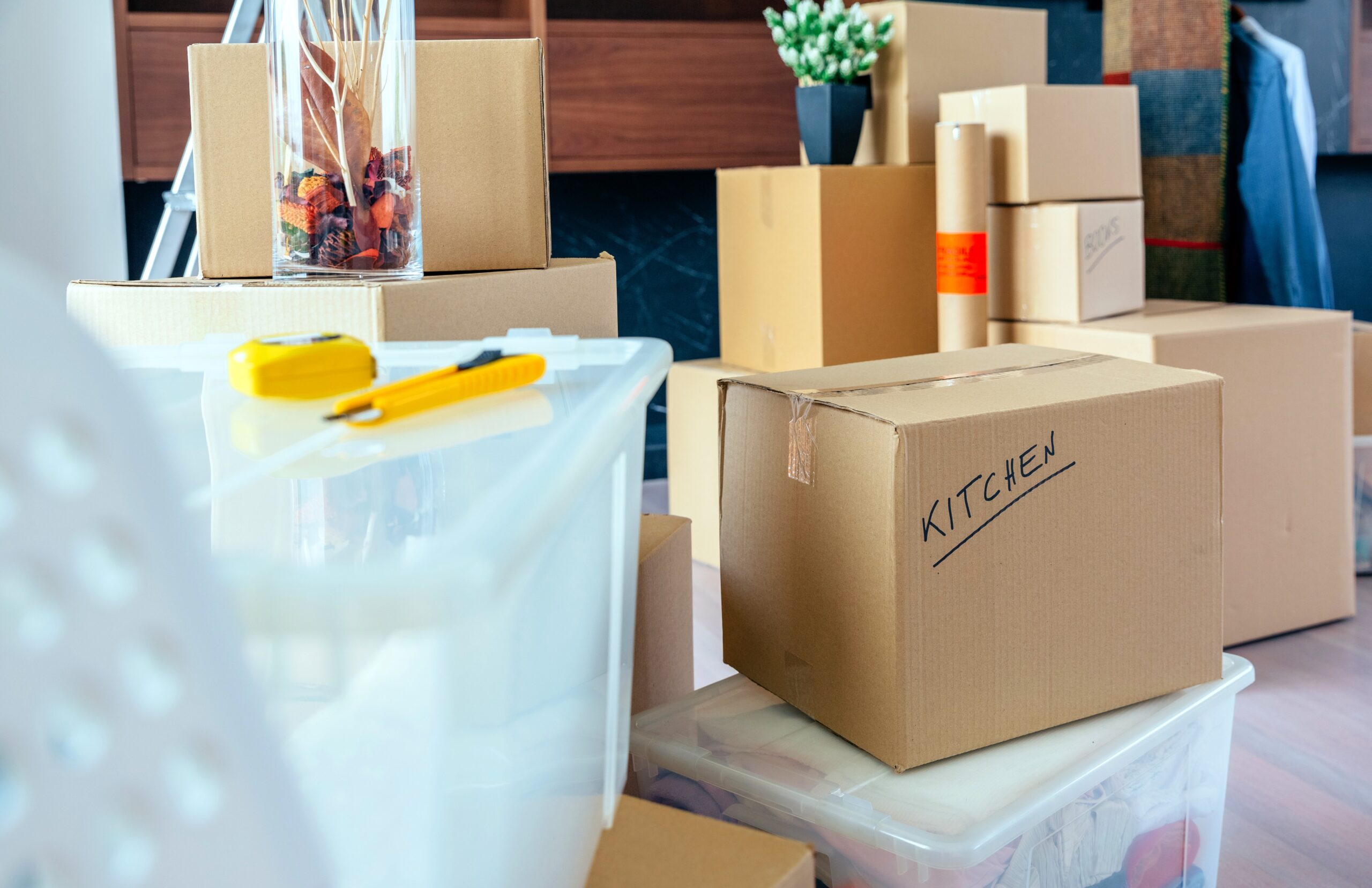 iStock.com/doble-d
iStock.com/doble-d
How to Organize Commonly Forgotten Items During a Move
No matter how many lists you make, it is still possible to forget items during a move. With the business of packing and ensuring everything is stored safely for the movers, it can be easy to forget to check cupboards and stowed away items. Especially when under the stress of a move, forgetting important things is expected. If you are planning a move this spring, here are some tips on how to organize your move, and a list of commonly forgotten items you should double check. With the right preparation and planning, your move will be smoother and less stressful.
Most Commonly Forgotten Items During a Move
- Miscellaneous kitchen items: Items like fridge magnets, leftover food, dishwasher dishes, and items in kitchen cabinets can be forgotten during a move because they aren’t always visible. Be sure to check all your cupboards, especially the high shelves, before you pack up and leave.
- Valuables hidden in secret hiding spots
- Borrowed items such as library books
- Clothes at the dry cleaners
- Outdoor equipment: Check the garage and shed for your garden hose, gardening tools, household tools, and any items stored under the deck
- Items in the attic, crawl space, basement, or in storage
- Plungers and other toiletries (new homeowners won’t want to find these lying around!)
- Clothes hung behind the doors
- Small wall hangings, lamps and lighting fixtures
- Prescription medication
- Important files and documents
- Items to leave for new homeowners: Be sure to leave behind the garage door opener, important keys, and padlocks—any items the new homeowners would need to access all the areas of your old home.
How to Organize Your Move
The above list can help you check every nook and cranny in your home, but it will be frustrating if you run around your old home throwing items randomly in boxes. There is an organized way to prepare for your move, and here are some simple tips to help you get through.
Plan and Categorize by Room
Begin from the indoors of your home, and work outdoors, first by packing based on each room. You can begin with the bedrooms: Work from one room to the next, packing clothes, furniture, bedding, and other possessions, carefully labelling each box to identify what items are inside, and which bedroom the items belong to. This will make unpacking much easier! In addition, now is a good time to clear out any items you want to donate, give away or sell, so you can bring less items into your new home. When you get to the outdoors, do the same—label the boxes to identify that these items belong outside, and what each box contains. Be sure to mark “fragile” on any boxes that need careful handling so your movers will work accordingly.
Schedule Important Commitments
Make sure to tie up any loose ends before you move to your home. Check to make sure you have returned any library books or borrowed items, cancel gym or other local memberships if you won’t be going there anymore. If you need to terminate club memberships, explain that you are moving to reduce the risk of fees on your card, and ask if you can be refunded for the unused portion or have the balance transferred to a gym near your new home. Plan for these appointments and commitments by writing them on your fridge calendar or creating lists on your phone so you can keep track.
Use Sticky Notes for Reminders
If you’re a visual person, use sticky notes to remind yourself of important items or things you need to do during your move. Stick them wherever the reminders are needed or post them in places that you often go. You can post stickies on the fridge, mirror, cabinets, or the inside of your front door.
Make Use of Checklists
Whether you make lists in a notebook, or your phone/digital calendar, it’s important to make sure all the cleaning, packing, and preparing are done before your moving date. There are a lot of areas to consider when cleaning your home, and parts of the home can be easily forgotten if you’re not on top of things. Get proactive by using alarms and reminders, and checklists to make sure you haven’t missed anything.
Don’t Forget to Eat!
Moves are stressful and it’s easy to forget about yourself while you’re thinking about your house. Plan breaks when you can drink water and eat a healthy snack or order food. Eating throughout the day will give you the energy you need to get through all your duties, and it will help you process what you’ve done so far, so you can better tackle your next project. You can always pre-order food to be delivered ahead of time, so you won’t forget to have a good meal.
Get Help from a Professional Moving Company
Moving can be stressful, and if you have a large house or live alone it can be extremely tiresome to tackle all these jobs on your own. If you are unable to get enough time off from work, all of these tasks can seem impossible to keep track of. Whatever the challenge may be, you don’t have to plan and execute your move on your own. There are professional movers who know the ins and outs of a house relocation, and they provide a number of services from cleaning, to packing, to labelling, to moving, and more. They can help you with specific tasks like moving your items from your old home to your new one or do all of the hard work for you from the first stage to the last.
If you’re looking for a professional moving company to help you with your move, consider working with Firemen Movers. We are a GTA-based moving company that has a wealth of experience in all aspects of moving. This allows us to think about all the small details and be there to fully support you. Contact us today for more information or to get a quote on our services.
